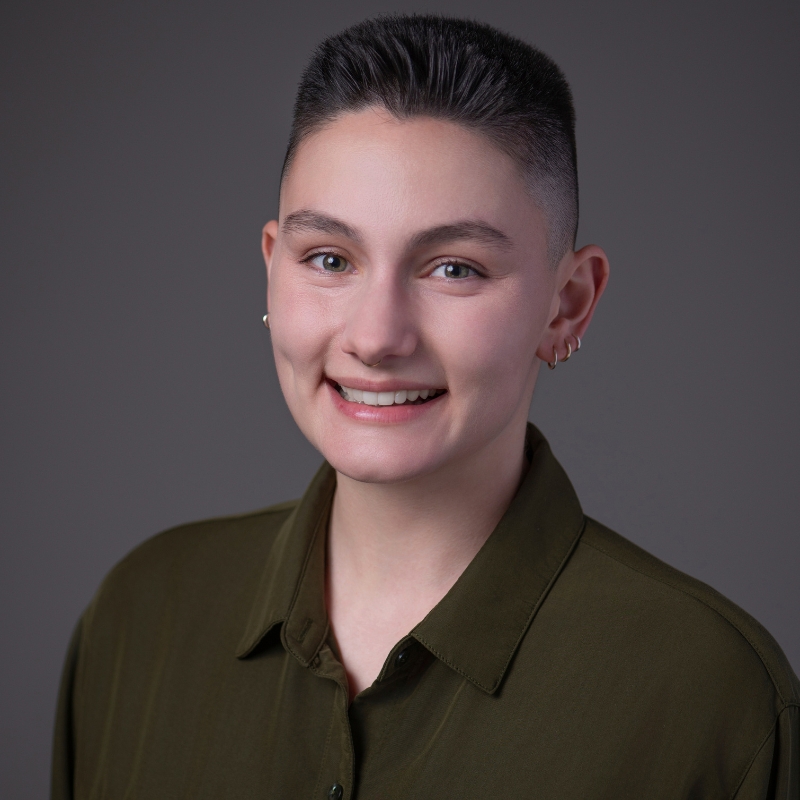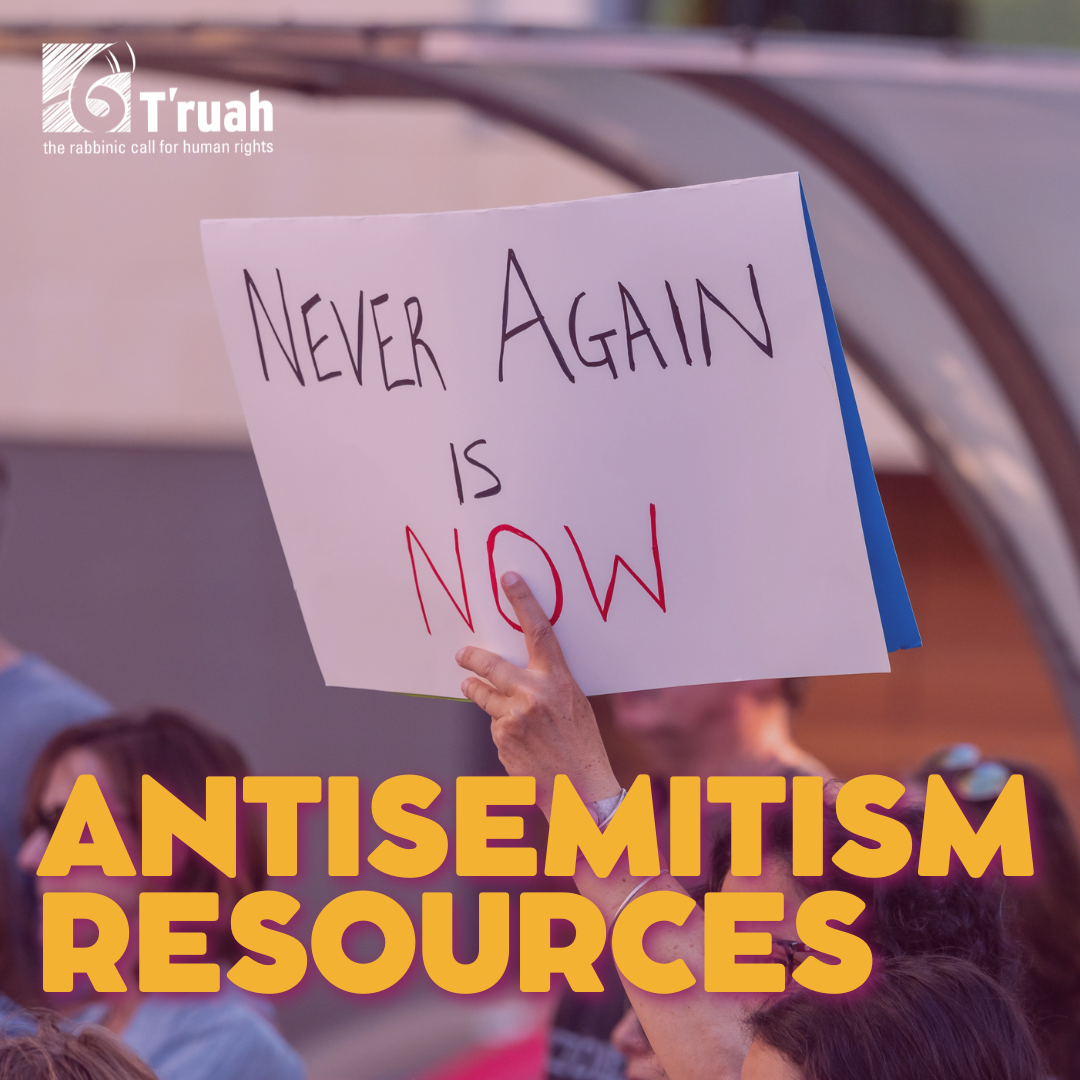Resources
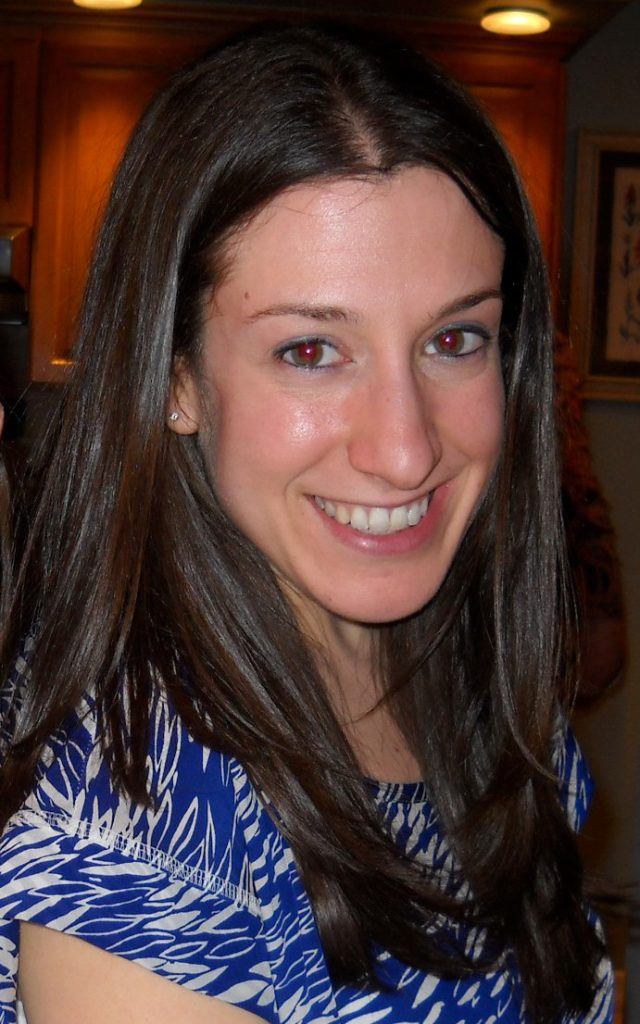
Modern Barbecue
I have had a strange relationship with eating meat over the course of my life. At some points I have cut out red meat, then all meat, and now “some meat depending on what it looks like.” My aversion to meat has a lot to do with its appearance, its preparation, and how it is...
more

The Voice Trembles
A few weeks ago I sat in a hearing room of the Washington State House Judiciary Committee. I was there to testify on behalf of a coalition of interfaith and Jewish groups for passage of a bill that would hopefully limit gun violence in my state. The bill would create an “extreme risk protection order,”...
more
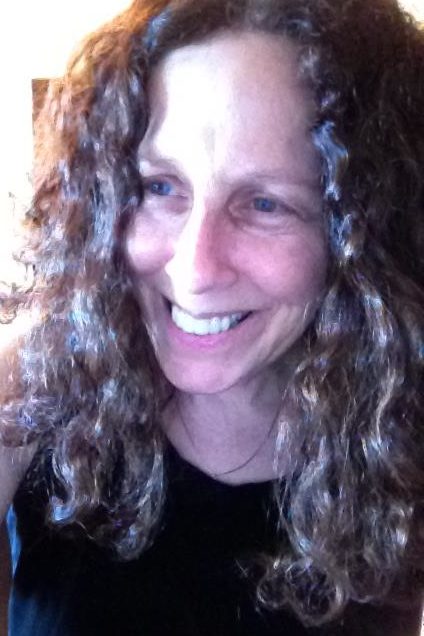
The Paradox of Havdalah
This is the law of the animal, the bird, every living soul that swarms in the water, and for every creature that creeps on the ground; to distinguish between the impure and the pure, and between creatures that may be eaten and the creatures that may not be eaten. (Lev. 11:47; Artscroll translation) Parashat Shmini...
more
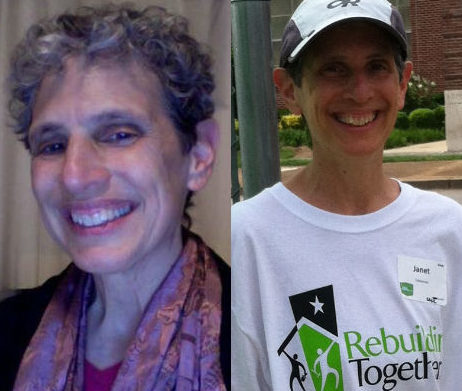
The Holiness of Dwelling
“I am a nester,” my friend said just weeks before Pesach, as we pondered the ramifications of her house having been dismantled for mold remediation. Her home is sacred space for her, a place set apart to replenish herself. Normally, she would have been cooking up a storm in her house. Instead, we baked a...
more
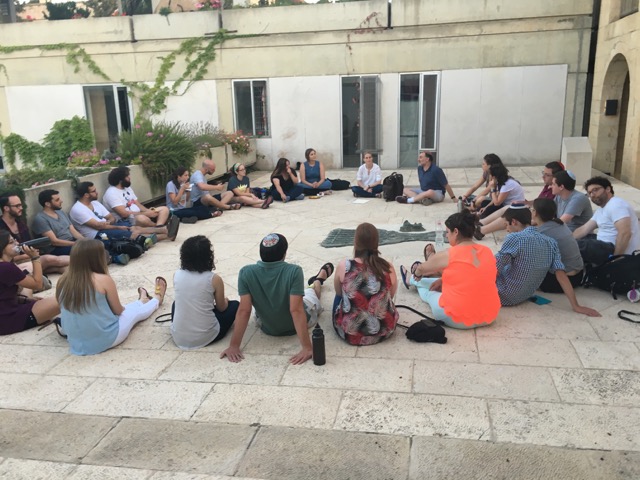
The Dreams We Dream for Israel
This lesson plan for upper elementary or middle school students introduces them to portraits of several Israeli families and invites them to ask what dreams they might dream for Israel.
more
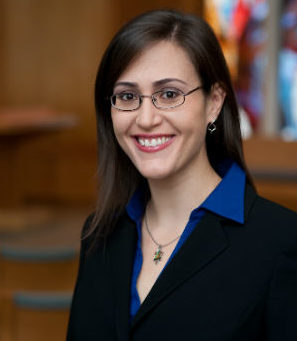
Other No More: Ki Tisa as a Response to Transgender Violence
Great sadness accompanies my study of this week’s Torah portion, Ki Tisa, and I turn to the text in memory of Kristina Gomez Reinwald, the seventh confirmed transgender murder victim, as of this writing, in 2015. In no small part because of the endemic nature of intimate partner violence in our society, I approach intimacy...
more
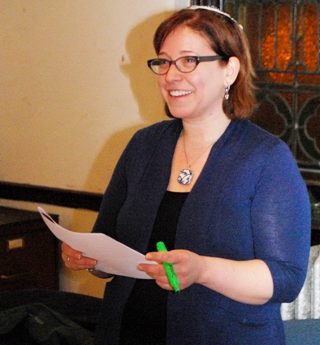
From Moses to Today: Accountability and Transparency in Leadership
Brandon Tate-Brown, a 26 year-old African-American man, was, according to his mother and friends, finally putting his life back together. After spending some time in jail for aggressive behaviors, he was trying to rehabilitate himself—working at a new job and finally moving into an apartment of his own. On December 15, 2014, Brandon Tate-Brown was...
more
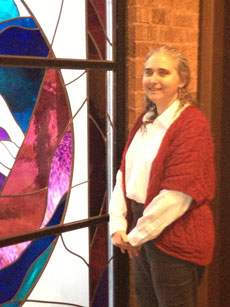
The Pharaohs of Contemporary Politics
Passover is often referred to as a holiday of Freedom and Justice. One of the most common Biblical quotes when referring to the mitzvah of tzeddek/Justice, Freedom, and Passover is found in Dt. 16:20: “Tzeddek tzeddek tirdof. Justice, Justice shall you pursue.” This verse, of course, assumes you know what justice is so you can...
more
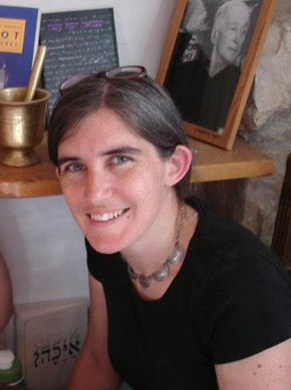
Time to Move Forward
As much as I love the Passover seder, it’s in the few days immediately afterward that I can more easily imagine the chaos of the Exodus from Egypt. Coming back from being with my family, unpacking and wondering what happened to half the things I brought with me, being unable to find anything in the...
more
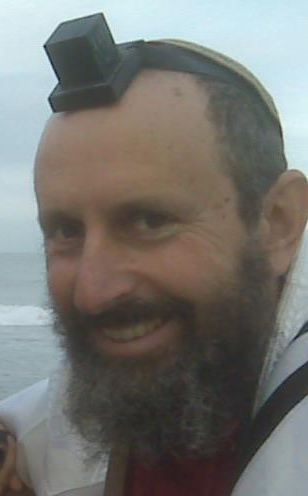
Sacred Intimacy: Sacred Obligation
A man must not withhold sexual pleasure from his wife. This is God’s message in this week’s parasha (Exodus 21:10). The context is: “if [a slave woman] proves to be displeasing to her master who designated her for himself… [and] if he marries another, he must not withhold from this [slave woman] her nearness of...
more

